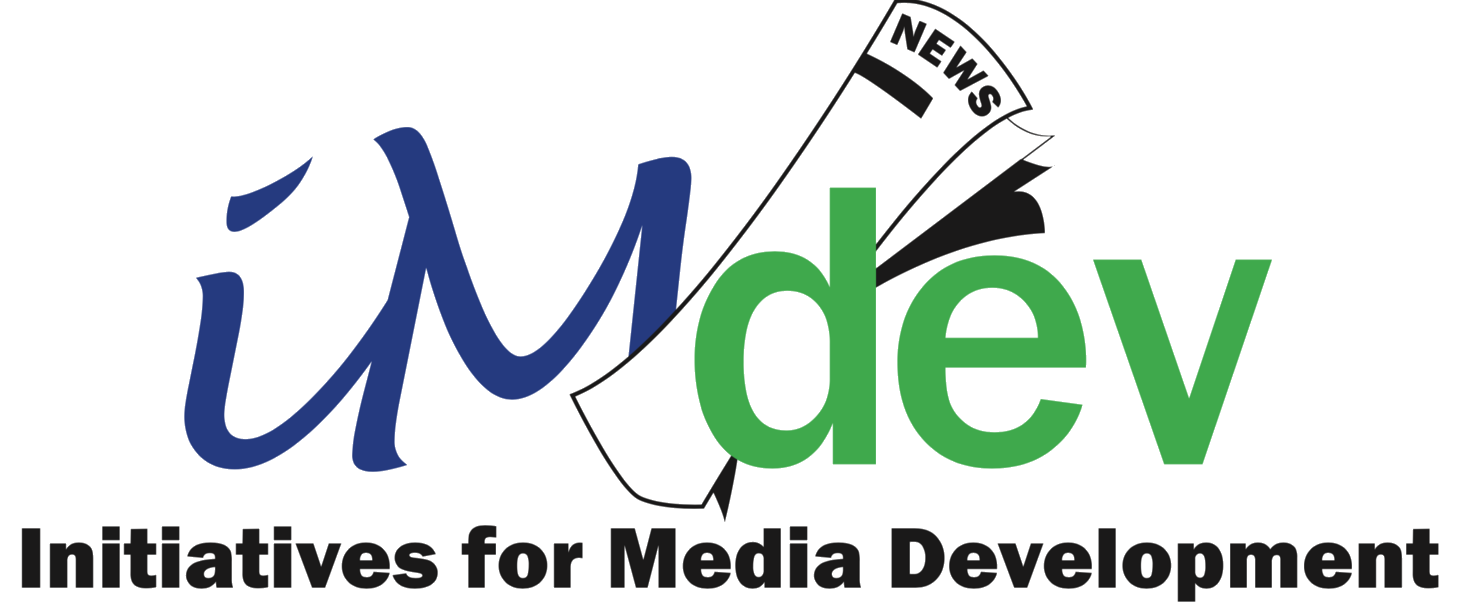


Breastfeeding is when a newborn baby is fed with their mother's breast milk until they reach six months or beyond. However, recent surveys show that many young mothers breastfeed their babies for less than six months, depriving the infants of the essential nourishment breast milk provides.
Breast milk is not only the easiest and most cost-effective food for babies, but it is also the best. The World Health Organization (WHO) recommends exclusive breastfeeding for the first six months of a baby's life. Despite this, many mothers choose not to breastfeed their children, often due to cosmetic reasons.
Some young mothers worry that breastfeeding will reduce the size of their breasts and make them look older. Others avoid breastfeeding to avoid the smell of breast milk on them. These excuses, among others, lead to the unfortunate decision not to breastfeed.
It is essential for mothers to consider the impact of childbearing before becoming mothers. Raising a child requires dedication and prioritization. Child planning is crucial, as many children are born accidentally due to parents not setting their priorities straight.
Failing to provide babies with exclusive breastfeeding for at least six months, especially premature babies, can lead to stunted growth. Without the necessary nourishment, children cannot grow well and may face health issues later on.
Feeding babies anything other than breast milk can be dangerous, as some foods may contain harmful ingredients like sugar. Breastfeeding is the safest and healthiest option for infants, providing all the nutrients they need for healthy growth and development.
Breastfeeding offers the best start for infants. It is crucial for mothers to understand the importance of exclusive breastfeeding for at least six months to ensure their child's healthy development. The World Health Organization recommends breastfeeding as the best food for babies, and it is our responsibility to prioritize the health and well-being of our children.
End